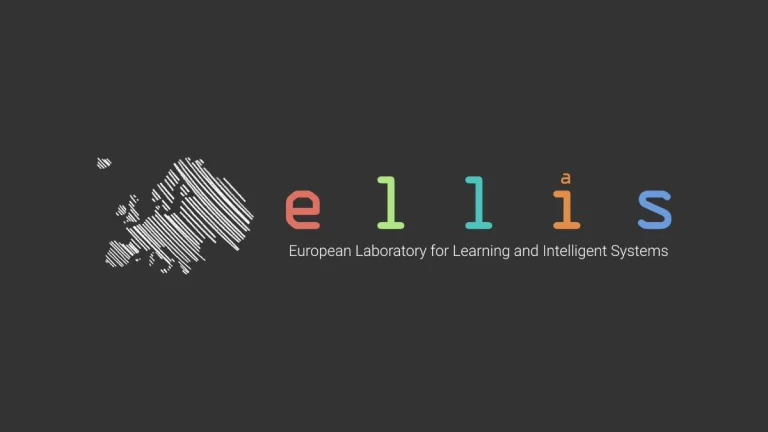



ELLIS Sites: New call for proposals
The deadline is on March 1st 2021 and the submission site is on EasyChair (https://easychair.org/my/conference?conf=ellis-sites-2020).
Proposals for the creation of an ELLIS unit will be reviewed by the ELLIS sites evaluation committee, which is composed of an internationally diverse set of ELLIS fellows. Feedback is expected to be given within the next 3 months after each deadline. For questions please email sites@ellis.eu.
Guidelines for proposals
The proposal shall not exceed 10 pages (not including references) on a single column page format with 12 point font. The proposal should contain the following sections:
Overview: A free-form description of the envisioned unit or institute, including its mission, vision, and intended research areas; how does the proposed ELLIS unit add value to the existing infrastructure and can serve as a stepping stone towards the overarching goal of ELLIS described in the original open letter (https://ellis.eu/letter)?
Team: Planned faculty with short (no longer than 1/4 page) bios sorted into (1) existing and (2) newly proposed ELLIS fellows/scholars/members, including the head of the ELLIS unit and its organizational structure; Expected number of PhD students;
Diversity: Diversity strategy for faculty and PhD students regarding seniority, area of expertise, country of origin and underrepresented groups --e.g. gender;
Infrastructure: Available infrastructure;
Network: Connections with other ELLIS sites/faculty/fellows;
Societal and Economic Impact: Envisioned mechanisms to promote societal and economic impact -- such as links to government and industry;
Startups: Support for the creation of startups;
Dissemination: Organization of outreach events; and
ELLIS criteria: An explanation of how the criteria for ELLIS units described below are met.
Criteria for ELLIS units
The creation of an ELLIS unit can leverage existing structures and funding but requires a written agreement signed by the funding sources and relevant host institutions to commit for at least 5 years to the following tenets and processes:
In order to ensure a consistent level of excellence across all ELLIS sites, the inclusion each faculty member of an ELLIS unit would need a positive evaluation from the ELLIS faculty evaluation committee, which is an international committee composed of ELLIS fellows and members from other locations to verify the excellence of the candidates (regularly publishing at top-tier conferences, international awards, etc). Both the faculty included in the proposal of an ELLIS unit/institute will be evaluated by such a committee, as will all future faculty members. Faculty of an ELLIS unit will be referred to as ELLIS faculty and they will also become members of the ELLIS society.
To foster the exchange of ideas and strengthen the ties in the network, ELLIS units are expected to host researchers of the ELLIS network (e.g. ELLIS fellows, faculty, postdocs and PhD students). ELLIS faculty are encouraged to visit other ELLIS units.
ELLIS units commit to joint PR and branding with the ELLIS society. Press releases will need to be coordinated with the central ELLIS press office.
The head of each ELLIS unit will join the ELLIS expert group supporting national and European policy makers.
Impact:
Machine learning is the key technology that drives a revolution of economy and society. A crucial goal of ELLIS is to shape this process by generating innovation and impact on society. Traditionally, however, university professors in Europe have very high teaching load, often much higher than 4 hours per week (the common standard in the US) such that their impact is overly constrained to class room teaching of students. Additionally, they typically face strong administrative barriers preventing industrial impact. ELLIS units need to have a clear dedication to overcome these limitations. The ELLIS faculty should have maximal freedom to choose how to invest their time into high-impact projects including the spin-off of start-ups, secondary placements in industry, memberships on advisory boards, etc.
Budget:
To ensure a certain level of homogeneity across units, the salaries of the ELLIS faculty in an ELLIS unit should amount to a total of at least 500k euro/year. Each unit is free to choose how to split such a budget into different faculty positions (e.g. senior vs junior faculty) and the number of such positions.
The total expected budget of each ELLIS unit is at least 1 Mio euro/year (excluding faculty salaries) including funds from industry and funding agencies. Each unit will have autonomy in its allocation of the budget.
It is expected that from this budget, 300k euro/year will be devoted to measures supporting the ELLIS network, such as funding ELLIS coordinator positions, hosting visitors, organizing ELLIS events or financing PhD students in the ELLIS PhD program.
Guidelines for evaluation
Excellence
The most important criterion is the excellence of the team. Nurturing, retaining and attracting top talent is the key focus for ELLIS. Note that proposals might have incomplete teams if they plan to use the ELLIS unit to attract and hire new talent. In this case, just evaluate the existing members. New members will be evaluated later on. The level of expected excellence would be similar to what ERC grants or prestigious research institutions (both private and public) would look for.
Team: Assessment of seniority
Junior: anyone eligible for an ERC starting grant (2-7 years of post-PhD experience). We would also consider extensions for maternity or other types of leaves)
Senior: anyone with more than 7 years of post-PhD experience who would not be eligible for an ERC starting grant.
Overview of the proposal Guideline questions:
Does the ELLIS unit proposal correctly represent the research strengths of the team?
How relevant are these strengths for the machine learning driven AI community?
Do they have competitive/impactful publications on the topics? Highly cited papers, relevant patents?
Are they in the PC and organizing committee of relevant conferences?
Have they won competitive best paper awards? ACM/IEEE distinctions etc...? Memberships in academies of science, etc; --Have they been selected to give keynotes/tutorials in top-tier international conferences and/or international advanced schools?
Have they worked in relevant industry and/or created any companies? Have they been advisors to governments, the European Commission, the WEF?
[For senior team members] Have they mentored students/junior scientists who have become prominent contributors to the machine learning field?
Organizational structure Guideline questions:
How well suited is the director of the proposed unit to ensure its sustainability and success?
Is there a balance between the number of junior and senior faculty?
Does the unit’s governance give a voice to junior faculty?
Diversity Strategy Guideline questions:
How diverse is the proposed team?
How comprehensive and ambitious is the diversity strategy?
Are there concrete actions to achieve diversity?
Infrastructure Guideline questions:
Does the proposed unit have the necessary infrastructure to carry out the proposed activities?
Relationship with ELLIS Guideline questions:
Are there ELLIS supporters/members/fellows? Are they linked to ELLIS research programs, or collaborating with other ELLIS fellows?
Have they volunteered time for ELLIS?
Impact on society and economy Guideline questions:
Do they have a plan to have an impact on society? How feasible and ambitious is the plan? What kind of impact(s) do they envision?
Startups and Entrepreneurship Guideline questions:
Do they have a program for spinning off companies?
Do they provide flexibility to ELLIS faculty to get involved with startup companies?
Dissemination and Outreach Guideline questions:
How feasible and ambitious are the proposed dissemination and outreach activities?
ELLIS criteria Guideline questions:
Are all the ELLIS criteria met? If not, how easy/feasible would be to address the missing criteria within a reasonable time frame?
Structure of the evaluation form for the reviewers:
Each proposal will be reviewed by 4 international reviewers. All core faculty members will be individually reviewed by a separate committee. To avoid conflicts of interest, all the reviews are done by scientists of countries different from the units being evaluated. The reviews are organized into four sections:
Evaluation of each section in the proposal:
ELLIS criteria -- Excellence:
ELLIS criteria -- Enabling factors:
Overall evaluation:
The criteria and guidelines are meant to set the level of expectations as objectively as possible. However, it is the responsibility of the ELLIS sites committee and the ELLIS board to assess to what degree each individual proposal sufficiently addresses the goals and vision of ELLIS.
